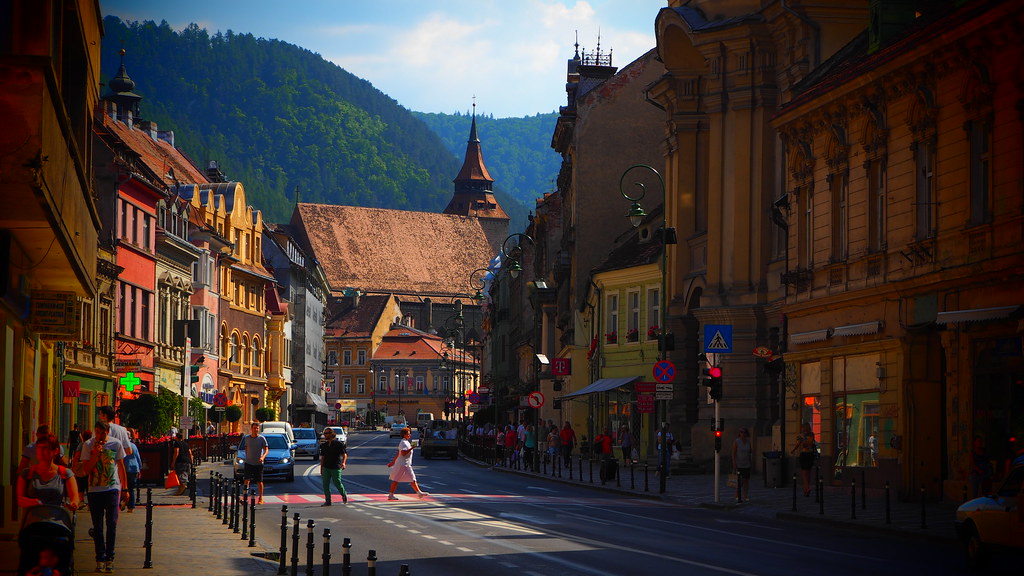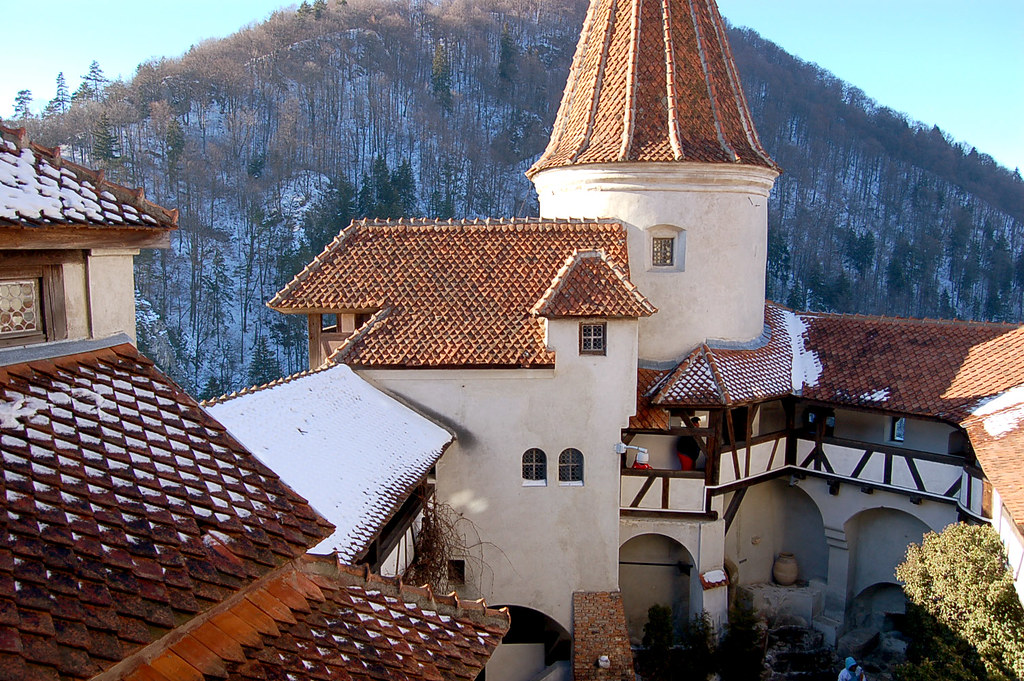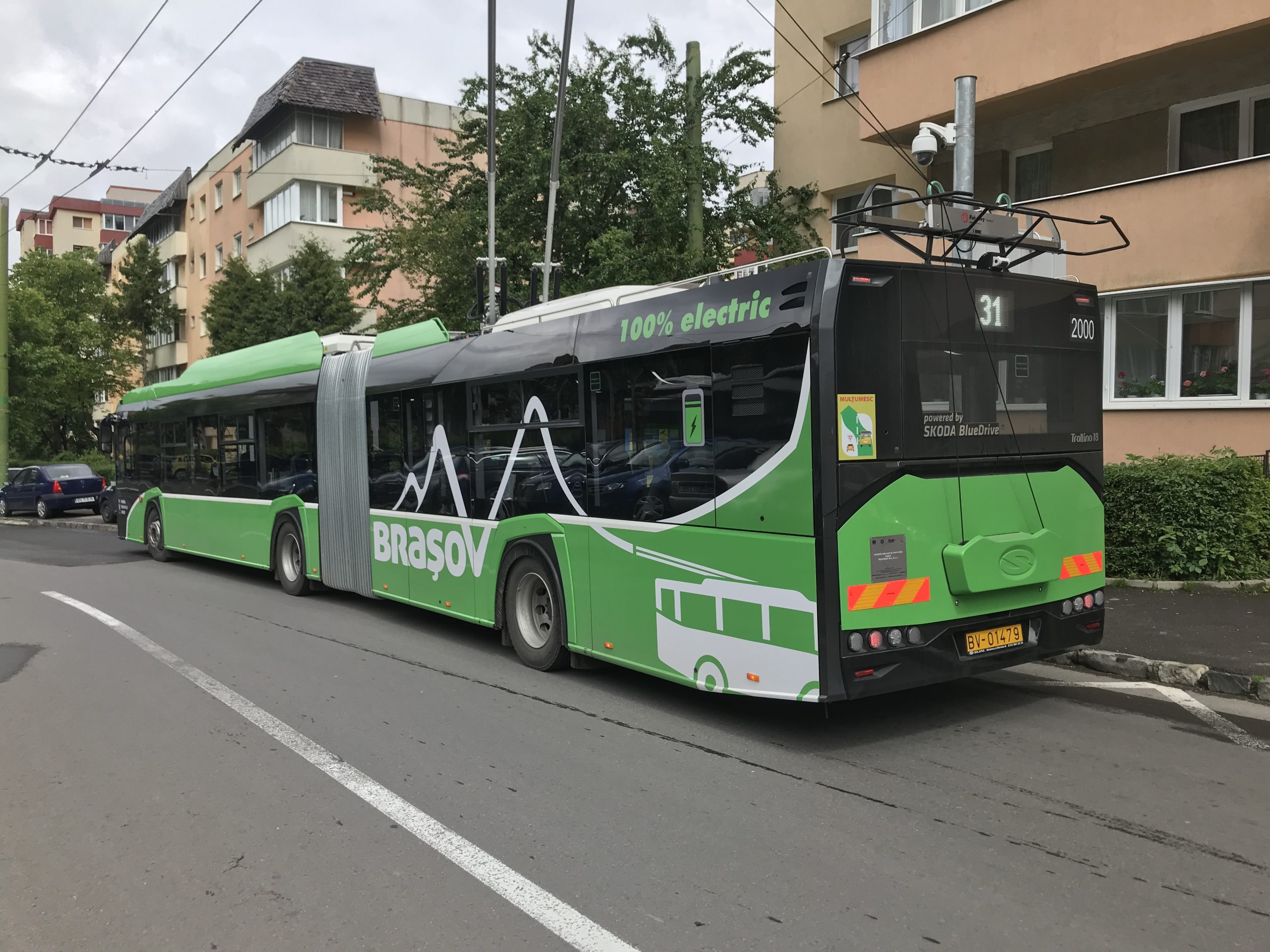Romania, with its breathtaking landscapes, medieval castles, and vibrant cities, has become an increasingly popular destination for tourists over the past decade. From the picturesque villages of Transylvania to the bustling streets of Bucharest, the country offers a wealth of accommodation options—hotels, guesthouses, Airbnb rentals, and hostels—all catering to a diverse range of travelers. However, alongside this tourism boom, a darker trend has emerged: accommodation scams. These fraudulent schemes prey on unsuspecting visitors and locals alike, exploiting trust and the complexities of online booking systems. This article delves into the nature of accommodation scams in Romania, how they operate, their impact, and practical steps to avoid falling victim.
The Rise of Accommodation Scams
Accommodation scams are not unique to Romania; they are a global phenomenon fueled by the digital age. However, Romania’s rapid growth as a tourist destination, combined with its still-developing regulatory frameworks, has made it an attractive playground for scammers. The proliferation of online booking platforms—such as Booking.com, Airbnb, and local Romanian sites—has created opportunities for fraudsters to exploit gaps in verification processes and consumer naivety.
In 2025, Romania’s tourism industry continues to recover and expand post-pandemic, drawing millions of visitors annually. According to estimates, the country welcomed over 2.5 million foreign tourists in 2024, a number expected to rise further this year. With this influx comes increased demand for affordable and unique lodging, which scammers are all too eager to exploit. Whether it’s a nonexistent apartment in Cluj-Napoca or a bait-and-switch guesthouse in Brașov, these scams have become a thorn in the side of Romania’s tourism reputation.
How Accommodation Scams Work in Romania
Accommodation scams in Romania typically follow patterns seen worldwide, but they often carry a local twist. Here are some of the most common types:
- Phantom Listings
Scammers create fake listings on legitimate platforms or standalone websites, advertising luxurious apartments or cozy chalets at unbeatable prices. High-quality photos—often stolen from other listings—are paired with glowing reviews (also fabricated). Travelers wire deposits or full payments, only to arrive at an address that doesn’t exist or find a vacant lot instead of their promised retreat. In Romania, such scams have been reported in popular areas like Sibiu, where tourists flock to see its well-preserved medieval architecture, and in coastal towns like Constanța during the summer season. - Bait-and-Switch Schemes
In this scam, the property exists, but it’s far from what was advertised. A traveler might book a modern flat in Timișoara with a balcony and Wi-Fi, only to be directed to a dilapidated room with no amenities. The host may claim a “mix-up” or offer excuses like “urgent maintenance” at the original property, leaving guests with little choice but to accept subpar conditions or scramble for alternatives. - Overbooking Fraud
Some dishonest hosts list the same property across multiple platforms, accepting bookings from several guests for the same dates. When travelers arrive, they’re told the property is “unavailable” and are either left stranded or pressured into paying extra for a last-minute alternative. This tactic has been noted in busy tourist hubs like Brașov, especially around the winter season when skiers descend on nearby Poiana Brașov. - Payment Scams
A common ploy involves scammers posing as legitimate hosts who contact guests after booking, claiming the payment didn’t go through or that a “security deposit” is required via a direct bank transfer or untraceable method like cryptocurrency. Once the money is sent, the scammer disappears. In Romania, this has been facilitated by the popularity of cash-based transactions and a lingering distrust of certain digital payment systems among some locals, which scammers exploit. - Fake Websites
Fraudsters create convincing replicas of well-known booking platforms or hotel sites, tricking users into entering payment details. These phishing sites often target tourists searching for deals on accommodations in Bucharest or rural retreats in Maramureș, regions heavily marketed online.
Why Romania?
Several factors make Romania fertile ground for accommodation scams. First, the country’s tourism infrastructure, while improving, still lags behind Western European counterparts in terms of oversight and consumer protections. Smaller guesthouses and independent hosts may not be subject to the same rigorous checks as chain hotels, creating loopholes for fraud. Second, Romania’s reputation for affordability attracts budget-conscious travelers who may overlook red flags in pursuit of a bargain. Finally, the language barrier—while diminishing as English becomes more widespread—can complicate communication and verification for international visitors.
Real-Life Examples and Impact
Though specific cases from 2025 are hypothetical as of this writing, past trends offer a glimpse into the problem. In 2023, a group of British tourists reported losing over £2,000 to a fake chalet listing in Sinaia, a popular mountain resort town. The scammer had used photos lifted from a legitimate hotel’s website and vanished after securing advance payments. Similarly, a Romanian news outlet in 2024 highlighted a scam ring operating out of Iași, where fraudulent Airbnb listings targeted students and short-term visitors, costing victims an estimated 50,000 RON (around €10,000).
The impact of these scams extends beyond financial loss. Victims often arrive exhausted after long journeys, only to face the stress of finding last-minute lodging in an unfamiliar country. For Romania, the reputational damage is significant. Negative reviews and word-of-mouth can deter future visitors, undermining efforts to position the country as a must-visit destination.
Red Flags to Watch For
Travelers can protect themselves by recognizing common warning signs:
- Too-Good-to-Be-True Prices: A lavish villa in Bran for €20 a night is likely a scam. Compare rates with similar properties in the area.
- Pressure Tactics: Hosts who demand immediate payment outside the platform or push for rushed decisions are suspicious.
- Lack of Reviews or Photos: Legitimate listings usually have verified reviews and multiple images. Be wary of sparse or generic details.
- Off-Platform Communication: Scammers often ask to move conversations to email or WhatsApp to avoid platform oversight.
- Unusual Payment Requests: Requests for wire transfers, cash, or cryptocurrency should raise alarm bells.
How to Avoid Accommodation Scams
Prevention is key. Here are practical steps to stay safe:
- Book Through Reputable Platforms: Stick to well-known sites like Booking.com, Airbnb, or Expedia, which offer buyer protection and dispute resolution. Avoid unverified local sites unless thoroughly researched.
- Verify the Host: Check the host’s profile for verified status, reviews from previous guests, and response rates. On Airbnb, look for “Superhost” badges or similar credentials.
- Use Secure Payments: Pay through the platform’s system rather than direct transfers. Credit cards offer additional fraud protection compared to bank wires.
- Research the Property: Use Google Maps Street View to confirm the address exists and matches the listing. Search the property’s name or photos online to see if they appear elsewhere.
- Contact the Host: Ask specific questions about the property (e.g., parking availability or check-in procedures) to gauge their responsiveness and legitimacy.
- Trust Your Instincts: If something feels off, walk away. There’s always another option.
What to Do If You’re Scammed
If you fall victim, act quickly:
- Document Everything: Save screenshots of the listing, messages, and payment confirmations.
- Report to the Platform: Most booking sites have fraud reporting mechanisms and may offer refunds or assistance.
- Contact Authorities: In Romania, file a complaint with the local police (Poliția Română) and the Romanian National Authority for Consumer Protection (ANPC).
- Alert Your Bank: If payment was made via card or transfer, notify your bank to dispute the transaction.
The Bigger Picture: Addressing the Issue
Combatting accommodation scams requires effort from multiple stakeholders. Romanian authorities could strengthen regulations around short-term rentals, mandating stricter verification for hosts. Booking platforms must enhance their algorithms to detect fake listings and improve customer support for victims. Travelers, meanwhile, bear some responsibility to educate themselves and exercise caution.
Romania remains a gem of Eastern Europe, offering rich history, stunning scenery, and warm hospitality. However, accommodation scams threaten to tarnish this appeal, exploiting the very visitors who fuel the country’s tourism growth. By understanding how these scams operate and taking proactive steps, travelers can enjoy Romania’s wonders without falling prey to fraud. As the country continues to evolve as a global destination in 2025 and beyond, vigilance and awareness will ensure that the only surprises visitors encounter are the delightful ones—like a hidden castle or a plate of steaming sarmale.





Leave a Reply